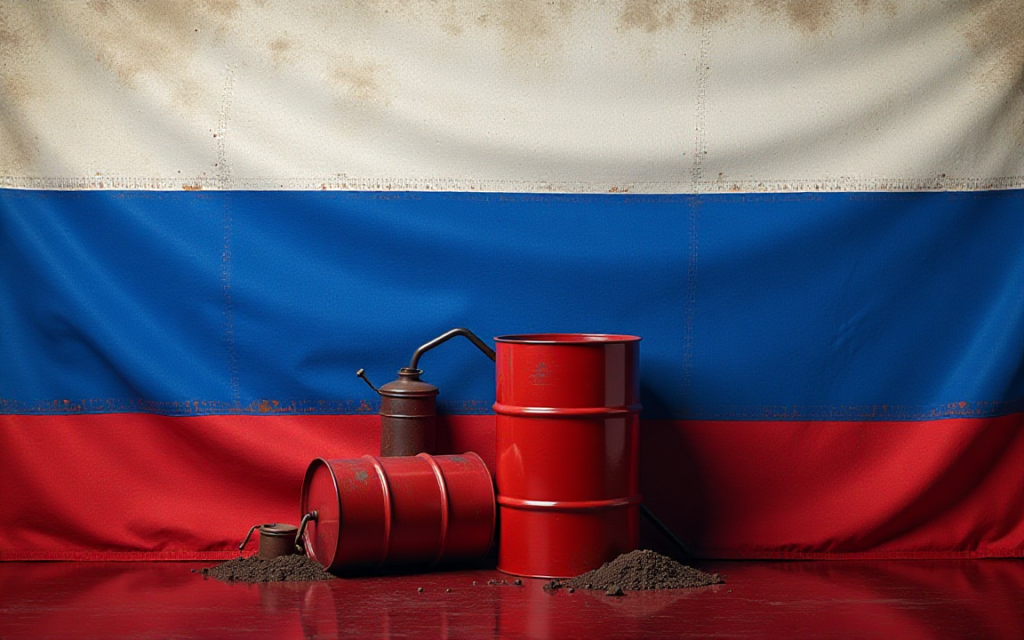Citing low oil prices as a major risk, Russia’s central bank defended its strict monetary policy in a Wednesday report, arguing that high interest rates had reduced lending and fostered disinflation despite this economic challenge.
Faced with persistent high inflation, the central bank has resisted increasing pressure to lower borrowing costs for several months, Reuters said in a report.
This stance has led to critical companies reducing investment plans and the government expressing concerns about decelerating economic growth.
Risks from cooling economy
Economy Minister Maxim Reshetnikov expressed concerns on Monday that the cooling economy faces “hypothermia” risks, according to the report.
He urged the central bank to consider slowing inflation at its upcoming June 6 meeting when determining interest rates.
The central bank stated in a financial stability review that tight monetary policy is a temporary but necessary measure to achieve a sustained decrease in inflation. The bank has maintained its key interest rate at 21% since October.
Recent significant increases in military expenditure have spurred economic growth but also triggered inflation, leading to an overheated economy.
In response, the central bank has implemented high interest rates to moderate this.
Consequently, Russia’s GDP growth decelerated to 1.4% in the first quarter, a decrease from the previous quarter’s 4.5%.
The bank further acknowledged persistent challenging external conditions, citing risks stemming from global market volatility, trade disputes, and potential escalations in sanctions against Moscow.
Declining prices pose further challenges
The central bank warned that further declines in the prices of Russia’s export commodities, especially oil, pose a significant risk to the country.
Such price decreases could lead to lower earnings for exporting firms, consequently impacting the national budget.
Global oil prices have hovered around $60 per barrel in the last month, primarily due to concerns over increased supply.
The Organization of the Petroleum Exporting Countries and allies, which includes Russia, opted to increase production in April, May, and June, and are also likely to raise supply for July.
Despite potential financial instability risks stemming from the current situation, these are mitigated by Russia’s substantial reserves and low debt, built up during periods of high oil prices, according to the bank.
Credit restructuring
The central bank reported a notable increase in credit restructuring activities undertaken by large and medium-sized Russian enterprises towards the conclusion of March.
This surge in restructuring was characterised by the bank as a transient phenomenon, not indicative of a systemic vulnerability.
Furthermore, the financial institution conveyed a strong sense of assurance regarding the overall robustness of the majority of these companies and their capacity to effectively withstand potential fluctuations and risks associated with interest rate movements.
This suggests the central bank believes that while some companies opted for credit restructuring during this period, their fundamental financial health remains sound, and they are well-positioned to manage their debt obligations despite potential changes in the interest rate environment.
The post Russian central bank defends policy stance as oil volatility poses challenges appeared first on Invezz



